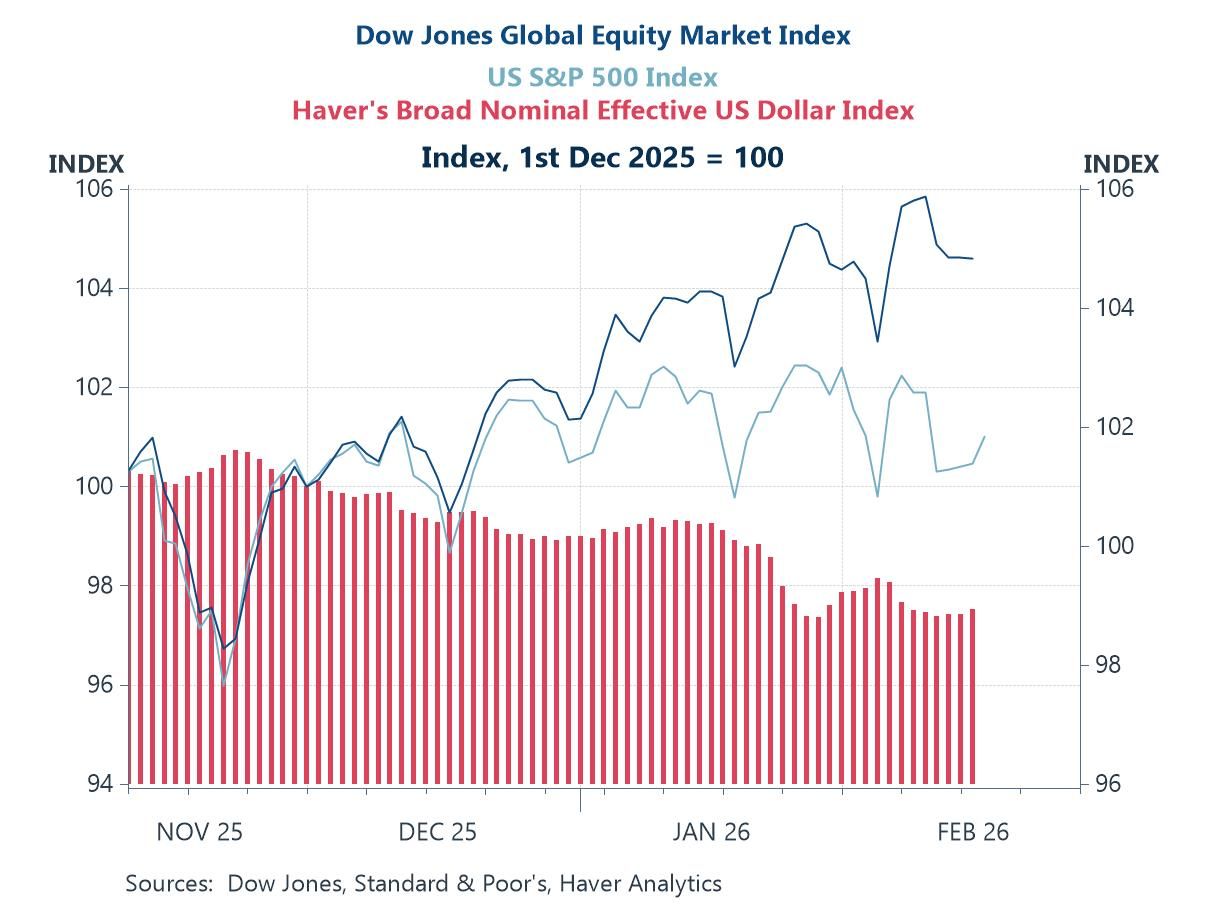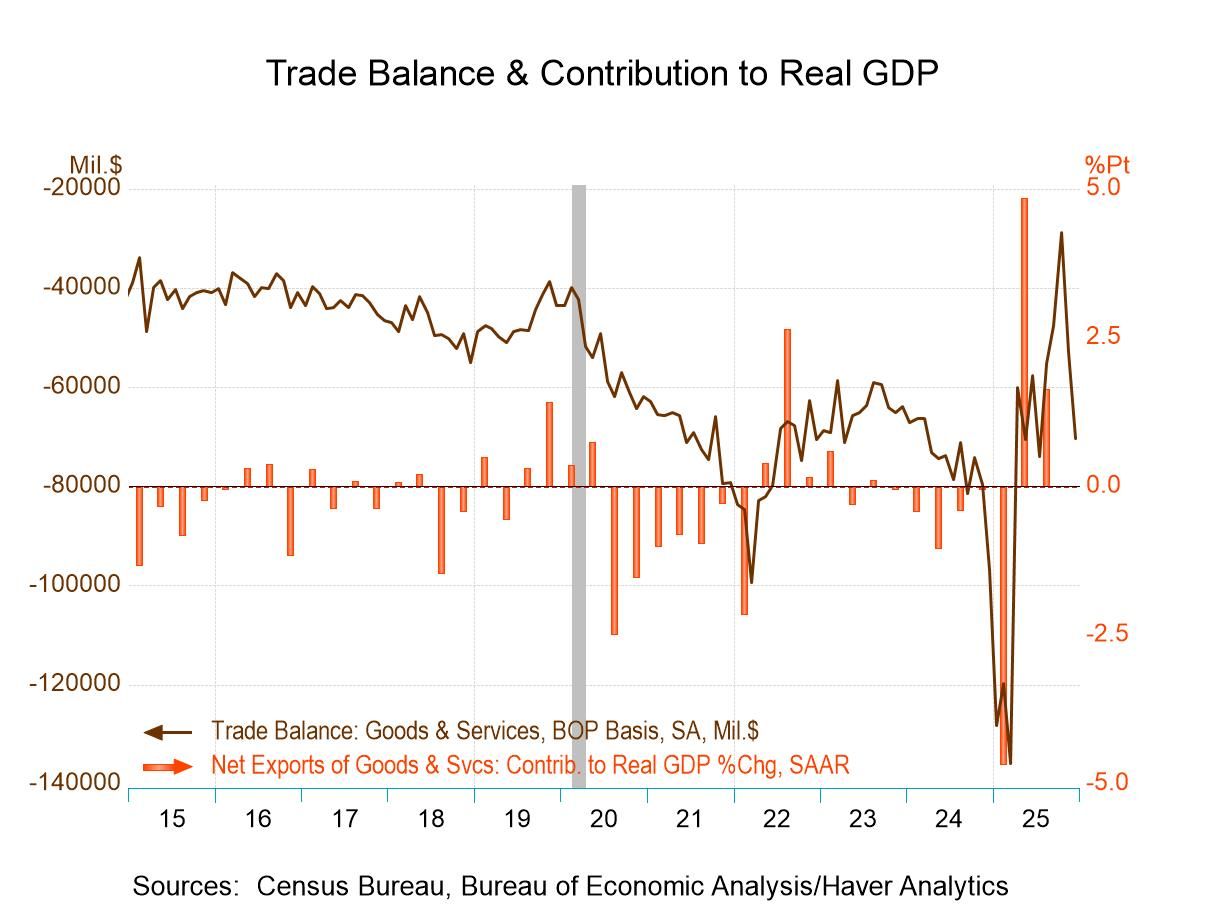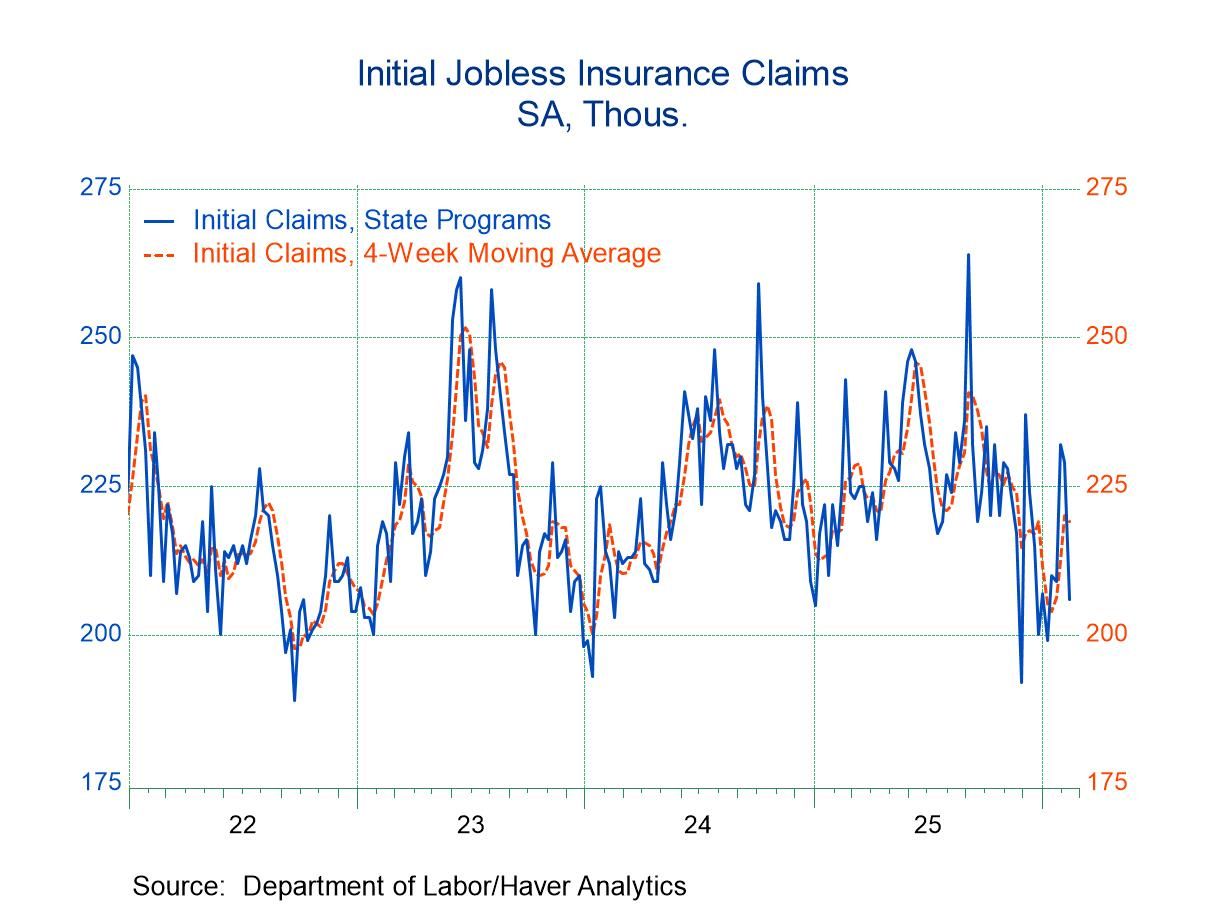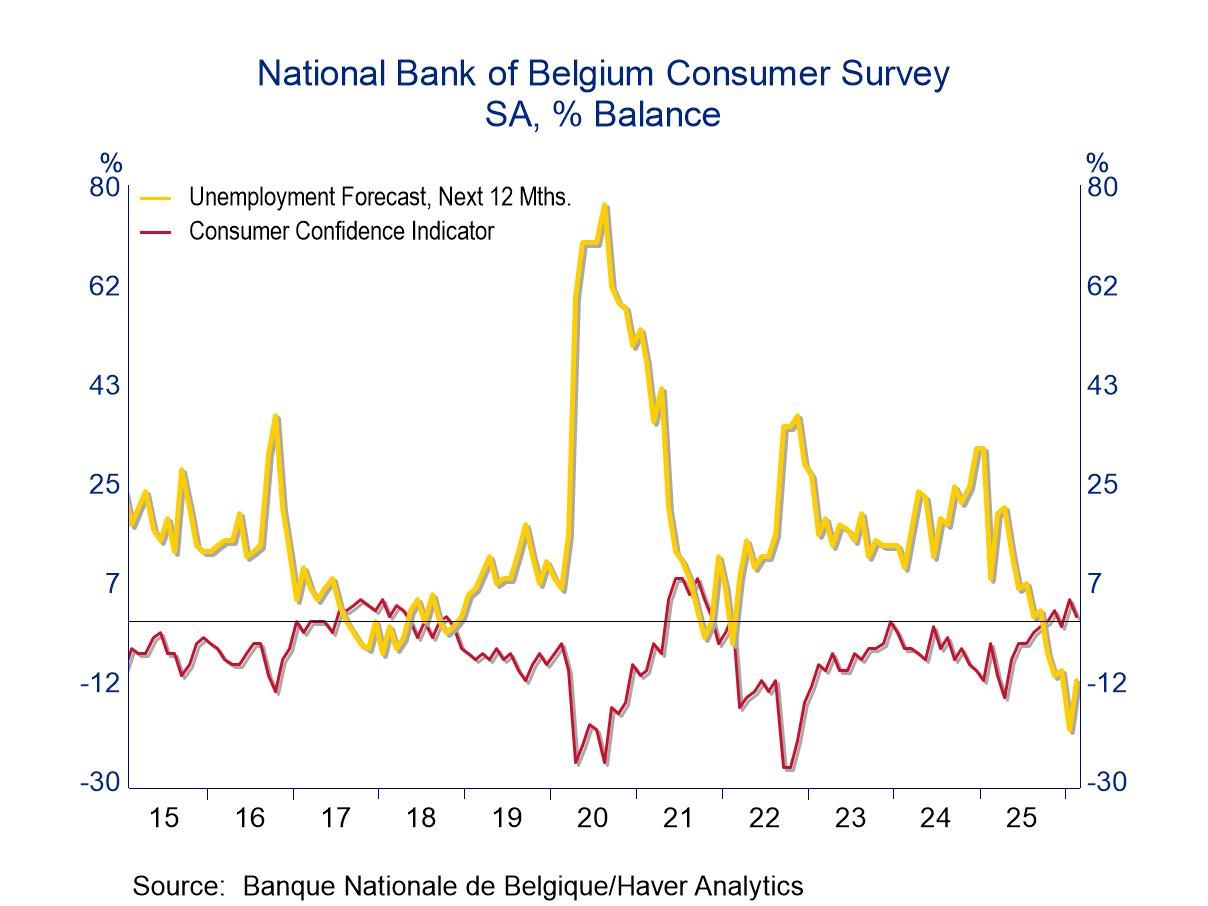UK Distributive Trades: Retail & Wholesale Both Weaken

The Distributive Trades Sector - Distributive trades weakened in the UK in December. The responses are from a survey by the Confederation of British Industry (CBI). It logged a -32 response as an assessment of year-over-year sales in retailing in December, down from -11 in November. For wholesaling, the index for sales compared to a year ago also fell to -24 in December from -11 in November. The guidance or the estimate for sales expected in January compared to a year ago registered -41 for retail and compared to -6 in December. The same outlook for wholesaling registered a - 18 in January compared to -4 in December. Sales as evaluated in December or sales expected in January in both retailing and wholesaling show substantial weakness as well as weakening on a month-to-month basis. The picture is clear: conditions are weak; there are no caveats.
Retailing Currently reported - Looking at retailing beyond sales, orders, compared to a year-ago, register -54 in the survey for December compared to -22 for November. Sales evaluated for the time of year register -25 in December compared to -16 in November. All of these survey signals point to weakness and deepening weakness. The queue ranking of the December observations has sales at a 6.7 percentile standing, orders at a 1.4 percentile standing, and sales, adjusted for the time of year, at a 15.5 percentile standing all are extremely weak standings.
Expectations for January - I've already mentioned expected sales compared to a year ago that are sharply lower in January compared to December. Orders in January compared to a year-ago slipped a -29 reading from -26 in December, a modest weakening. Sales for the time of year weakened much more sharply in January, to - 37 from -15 in December. The rank standing of these three metrics finds sales for a year-ago in January at a 3.2 percentile standing, orders at a 7.4 percentile standing, and sales for the time of year, at a 5.3 percentile standing - all of these quite weak.
Wholesaling Current reported - As noted, wholesale sales year-on-year fell sharply in December. Wholesaling orders compared to a year-ago also fell sharply with -36 reading for December compared to -8 in November. Sales for the time of year slipped to -6 in December from +16 in November. The standings for these three metrics find sales compared to a year ago with a 9.5-percentile standing, orders compared to a year ago at a 4.2-percentile standing, while sales for the time of year at a 22.2-percentile standing.
Expected in January - As noted, wholesale sales year-on-year fell sharply in January compared to December. Orders in January, compared to a year ago, slipped to -24 from -18 in December. Sales for the time of year in January slipped to -12 from +2 in December. Each one of these is weakening month-to-month. The queue rankings for these variables show sales at a 15-percentile standing, orders compared to a year ago at a 14-percentile standing, and sales for the time of year at a 16-percentile standing. Each of these represents a clear weak standing for each respective series.
Summing up The retailing and wholesaling survey data for December and for the expectations in January can all be lumped together as data that are weak. They are data that are weakening as well. The queue percentile standings are very weak for both retailing and for wholesaling and weak for the current results as well as expected results for January.
There are in this report lots of clouds and no silver linings. Distributive trades show weakening in the behavior of the UK consumer as determined by both the retailing and wholesaling merchants contributing to these surveys. Merchants are cutting back their assessment of activity, and their expectations for the period ahead. It may be too soon to say that it is time to batten down the hatches on growth expectations, but the ranking data are extremely weak and there's nothing on the horizon to provide any stimulus to these weakening trends. Inflation is making some progress in being reduced but the Bank of England continues to be vigilant and to be engaged in inflation fighting rather than having turned to the job of growth resuscitation. That has yet to happen in the UK. Current reported weakness is not deep enough to signal recession, but that signal could yet be in the works.

Robert Brusca
AuthorMore in Author Profile »Robert A. Brusca is Chief Economist of Fact and Opinion Economics, a consulting firm he founded in Manhattan. He has been an economist on Wall Street for over 25 years. He has visited central banking and large institutional clients in over 30 countries in his career as an economist. Mr. Brusca was a Divisional Research Chief at the Federal Reserve Bank of NY (Chief of the International Financial markets Division), a Fed Watcher at Irving Trust and Chief Economist at Nikko Securities International. He is widely quoted and appears in various media. Mr. Brusca holds an MA and Ph.D. in economics from Michigan State University and a BA in Economics from the University of Michigan. His research pursues his strong interests in non aligned policy economics as well as international economics. FAO Economics’ research targets investors to assist them in making better investment decisions in stocks, bonds and in a variety of international assets. The company does not manage money and has no conflicts in giving economic advice.




 Global
Global

